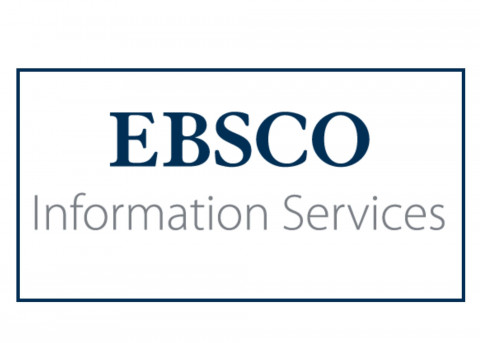On behalf of students, faculty, and staff at CRL member libraries, CRL reached out to EBSCO Information Services to negotiate expanded access to key primary source collections for the remainder of the academic year. After speaking with partners, EBSCO was able to gain rights to offer CRL members access to a number of collections from April 1, 2020, through June 30, 2020.
These resources include article indexes, magazine archives, and research databases. For a full list, please visit CRL’s eDesiderata page.
CRL has worked with EBSCO to enable access to these collections through CRL members' institutional IPs. Nothing has to be done on the member's part to make this happen, as some have already seen the availability of these resources in their accounts. If you experience any problems connecting, please contact your local IT department or EBSCO at ebsco@support.com. You may opt-out if you prefer not to receive communications regarding these resources.
This arrangement is exclusively for students, faculty, and staff at CRL member institutions. We encourage you to add these resources to your COVID-19 response pages and to alert your users to their availability during this period. In addition, EBSCO has made additional resources available to the library community at large, which can be found by visiting the EBSCO COVID-19 resources page.


